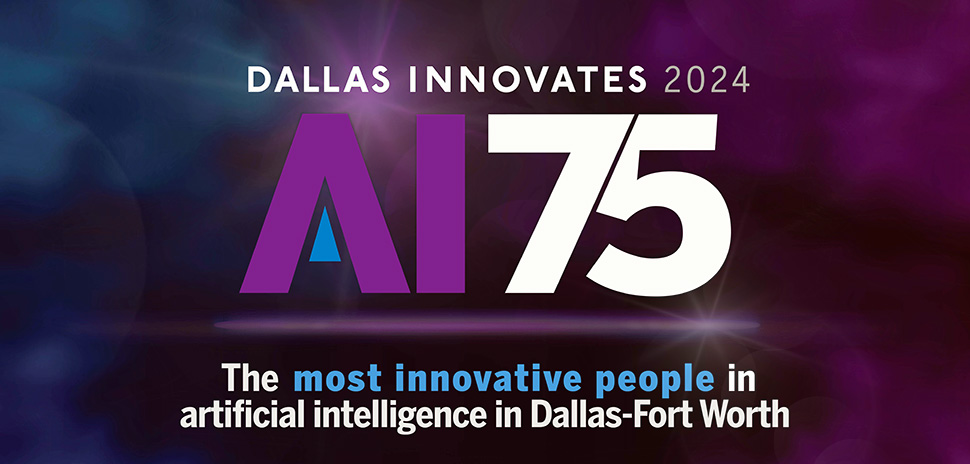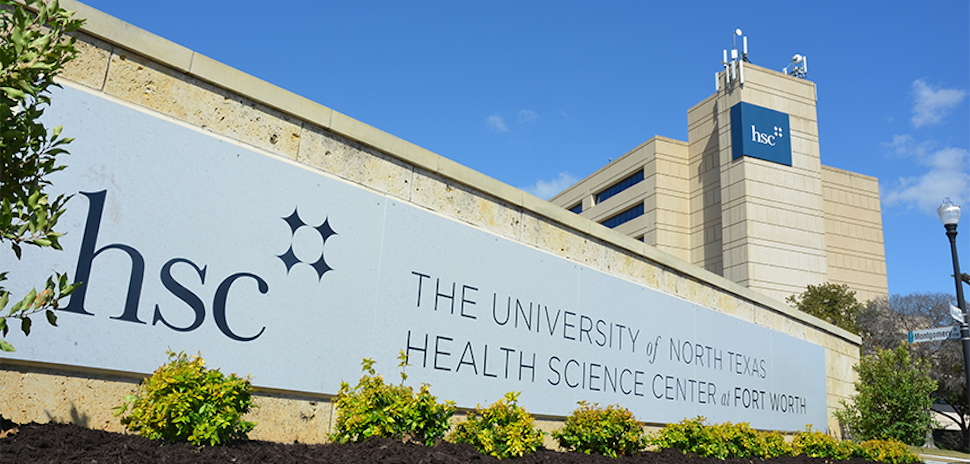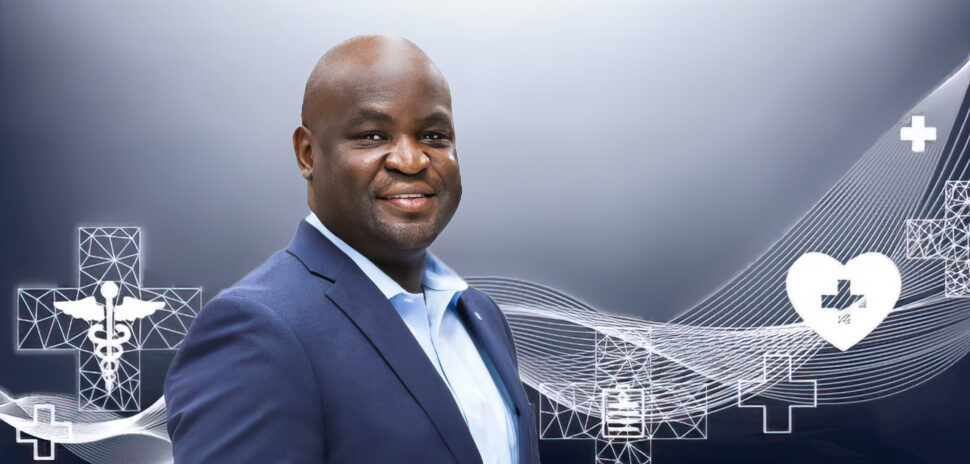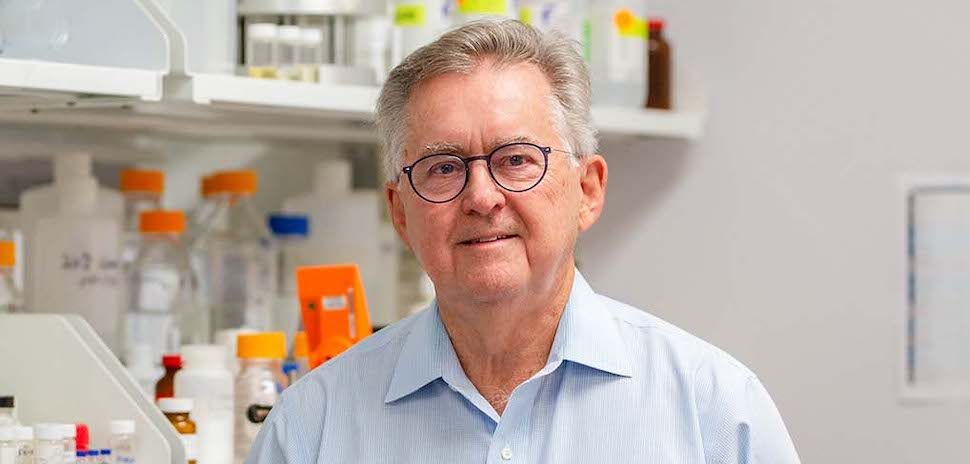Irving-based CHRISTUS Health has adopted a generative AI solution from Pittsburgh-based Abridge in an enterprise-wide agreement—one that’s already had a “life-changing” impact on how physicians document their interactions with patients.
CHRISTUS Health is an international, not-for-profit health system with 15,000 physicians and more than 600 care centers.
“I’m very excited about our enterprise agreement with Abridge, which we believe is going to transform clinical practice for our ambulatory physicians,” Dr. Timothy Barker, ambulatory chief medical information officer at CHRISTUS Health, said in a statement. “In fact, it’s going to be more transformative than anything I’ve seen in the last 20 years. Time and time again, physicians have told me that Abridge is ‘life changing.’”
CHRISTUS Health piloted Abridge earlier this year to study the impact of the gen AI solution on clinicians. The health system said that over the last few months, its clinicians have already experienced “a significant reduction in burnout and are giving more undivided attention to patients.”
Reducing physician burnout with ‘78% reduction’ in cognitive load
CHRISTUS said its adoption of Abridge followed “overwhelmingly positive feedback” in a study that showed the demonstrable impact of Abridge on clinician well-being. Per the companies, survey results showed the following:
- Significant time savings: Clinicians now spend an average of 60% less time on documentation outside of work hours, enabling them to achieve a better work-life balance.
- Reduced burnout: Clinicians saw a 40% decrease in physician burnout rate since deploying Abridge based on the Mini Z Burnout Survey—an industry-validated measure of work life and wellness in practicing physicians.
- Uninterrupted time with patients: There was a 41% increase in clinicians giving undivided attention to patients, resulting in improved communication and patient satisfaction.
“Abridge has been a game changer. I feel much less distracted with patients since I can focus on the conversation and history without pausing to take extensive notes or re-ask questions I missed during notetaking,” Dr. Myriah Willborn, family medicine doctor, CHRISTUS Trinity Clinic in Corpus Christi, said in a statement.
CHRISTUS said that in recent years, cognitive load, which measures the amount of mental effort it takes to complete a task, has been linked to increased rates of burnout and patient safety issues.
Traditionally, cognitive load increases when doctors rapidly switch between documentation and patient care, the health system noted. With Abridge, CHRISTUS said its clinicians experienced a 78% reduction in cognitive load, contributing to a more focused and efficient approach to patient care.
‘Profound impact of generative AI on the future of medicine’
Within a few months, CHRISTUS said it plans to make Abridge available to all ambulatory clinicians.
“The remarkable outcomes and resoundingly positive feedback from clinicians at CHRISTUS Health underscore the profound impact of generative AI on the future of medicine,” Dr. Shiv Rao, CEO and founder of Abridge, said in a statement. “By alleviating cognitive load and creating space for more meaningful patient interactions, we will improve the lives of clinicians today and draw the next generation of patient care providers to the profession.”
This announcement comes after successful deployments of Abridge at UChicago Medicine, Sutter Health, Yale New Haven Health System, UCI Health, Emory Healthcare, The University of Kansas Health System, UPMC, and dozens of other health systems.
Abridge recently announced a $150 million Series C financing round, which included a strategic investment from NVIDIA.
![]()
Get on the list.
Dallas Innovates, every day.
Sign up to keep your eye on what’s new and next in Dallas-Fort Worth, every day.






























